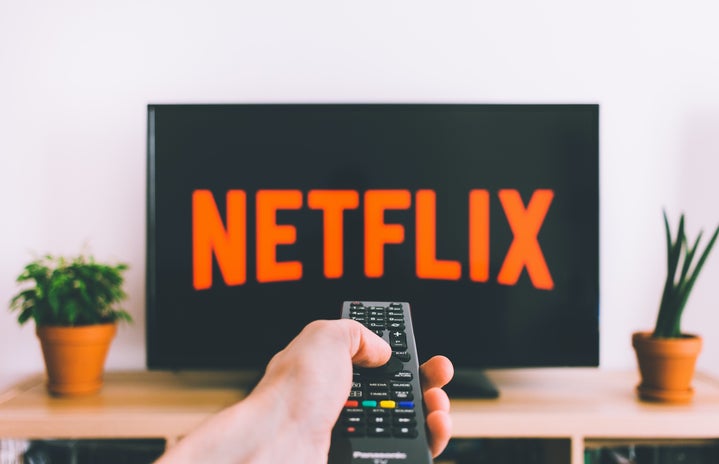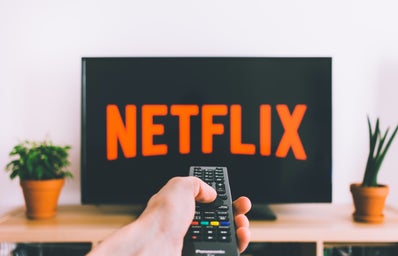*potential spoilers ahead, if you haven’t watched the Grey’s Anatomy season 17 two-part premiere*
I started watching Grey’s Anatomy in 2017, after years of my best friend convincing me that once I started, I wouldn’t be able to stop. Unsurprisingly, she turned out to be right, and I watched 13 seasons over the span of four months, and have consistently watched ever since. The show has brought me to tears more times than I can count and had me hanging on the very edge of my seat waiting, with the dramatic twists and turns which come with any ABC TV series.
Over the years, I’ve often gone back to watch episodes, whether to have as background noise or when I needed a little pick me up. More often than not, I’ve chosen episodes from the Derek-era of the show, during the prime of his relationship with Meredith. Derek Shepherd was McDreamy, “TV’s golden man” and as a seventeen-year-old, I too had a huge crush on him, and gushed over his relationship with Meredith. When he died, I’m not ashamed to say, I cried as I watched, and couldn’t stop talking about it for weeks. Now, in 2020, you can imagine the utter shock and intense excitement I felt when I watched the premiere episodes of season 17 and lo-and-behold, found Derek waving back at my screen. As I wait for the next episode to see what lies ahead, I’ve been rewatching some highlights of the show from previous seasons, ‘prepping’ myself for what’s to come. Unfortunately, the smile I thought I would have on my face as I reminisced one of my favorite TV couples, didn’t quite set in.
While it pains me to say this, looking back, I can almost immediately see Derek really shouldn’t be the man of every teen’s dream and their relationship most definitely should not be idolized—yet it is. Turns out, McDreamy isn’t all that dreamy. A huge part of the second season of this show revolves around learning that Derek is married and failed to tell Meredith, Meredith begging for Derek to “pick” her which he ultimately does not, while still continuing to flirt with her after repeatedly and explicitly being told that she needs time away from him and that he’s hurting her. The most iconic of moment comes from the end of this storyline, where Derek implicitly slut-shames Meredith as she is trying to move on from their relationship. He acts jealous and immature even though he has chosen to be in another relationship. We move past all of this quickly, with little to no explanation or apology, and are ultimately shown Meredith and Derek getting back together as if nothing was wrong.
While I understand part of this is just the nature of television, where dramatic twists and turns are required to propel a story forward and these ins and outs of relationships are part of the deal, my problem lies with how the writers dealt with the consequences of it all. Over the course of their non-relationship, Derek, a superior in the workplace, acts out of spite time and time again with Meredith, despite being told that she was hurting. In fact, in this situation, he was a teacher of sorts in their place of work, and yet he still denies her of opportunities to further her skills and learn. He chooses to ignore her, continues to act indecently, and even belittles her in front of others. The worst part of it all is when they do decide to get back together, he doesn’t apologize for his actions or his angry outbursts and the words he used. As an audience, we forget the cheating, the disrespect, and the blatant rude behaviors and focus on how perfect they are together. While I’m using them as an example, unfortunately, this isn’t something we see just in Grey’s Anatomy—it’s the biggest problem in most teen dramatic series.
Almost every show has the heartthrob, “it” couple, who unbeknownst to a fresh-eyed teen are undeniably toxic for each other. They normalize cheating without consequences, the objectification of women, double standards within the relationship, and the ‘obsessive’ guy who ultimately gets the girl trope. These are the relationships that teenage girls, boys, and everyone else look at and want for themselves. They pine for what they feel is the ‘undeniable love’ and connection that two characters can have, without seeing all the problems. It wouldn’t be such a huge problem if we saw some responsibility being taken. Portraying these relationships to teenagers as the epitome of love and adoration can be harmful in more ways than one, and lead to them replicate these very dynamics in their own life, not realizing the flaws and allowing for themselves to be treated, or treat others in this way. This idea in itself creates a scary future for all of society.
It’s no secret that television and media shape our lives in more ways than one and acknowledging these holes can have a huge part in shedding a little light on the dark parts of our society where this culture exists. While media should entertain, it should also educate, and if not, at the very least, should not add to an unhealthy narrative. While I will still be tuning in to the new Grey’s Anatomy episode, I’ll definitely see Derek in a different light. I also hope teen dramas do better and begin to take some responsibility considering their young viewership. Going forward, I will try to be conscious of this, to pull apart these so-called “relationship goals” when I can.




